After the two-door station wagon Saab 95 that this company produced from 1959 to even 1978, Saab did not have a real station wagon until the appearance of the Saab 9-5 model in 1999. Saab made up for this shortcoming with practicality and 5-doors on almost all models, including the 9000 model, which was the predecessor of the Saab 9-5, but in addition to the classic sedan version, we also have the one with 5 doors.
Table of Contents
Replacement for Model 9000
The first generation 9-5 was available with sedan and station wagon body styles. When introduced to the market in 1999, the wagon offered, in addition to the size of the cargo space, other advantages of the wagon, but also additional innovations such as floor tracks to secure cargo and a sliding load floor to make loading easier.
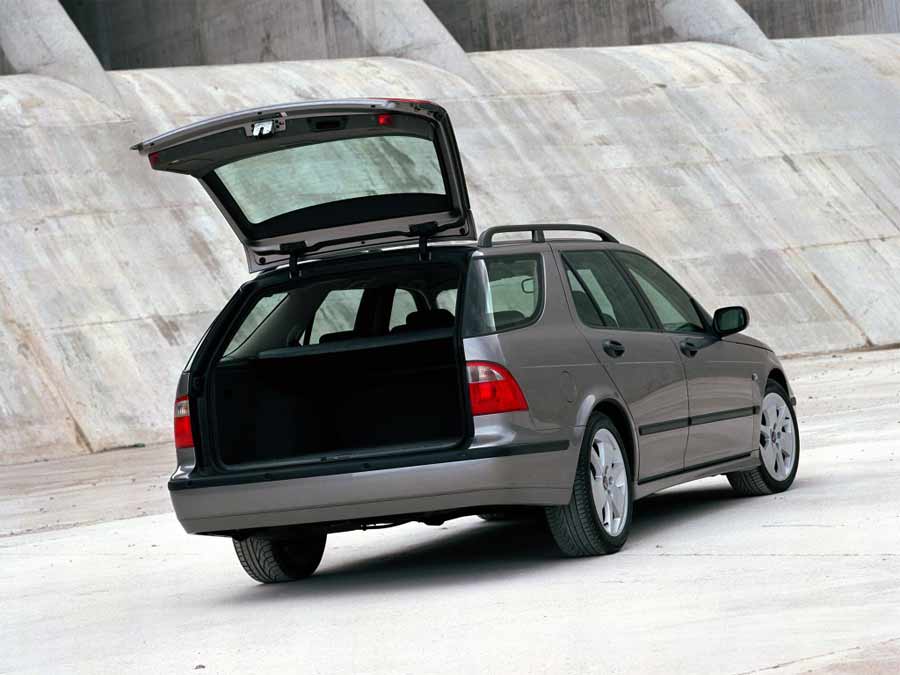
Saab 9-5 Sportcombi
In its style, Saab introduced the new wagon model a little earlier, in December 1997 on Swedish television, in a special TV show. The Saab 9-5 station wagon was shown on December 17, 1998 at a TV broadcast for Saab’s dealers. The car was officially called the Saab 9-5 Sportcombi. It is in this show that the differentiation in relation to the competition of innovation forces is shown, so They pointed out that the cargo tie downs in a 9-5 wagon can support the entire weight of the car. Switch to a 14-minute show to see it in action, and be sure to watch the entire show even though it’s in Swedish:
Saab 9-5 and Competition in the Late 90s
At the time the Saab 9-5 was introduced in 1997, a new car from Volvo or Saab was still “a big deal” for the average Swedish family, the Swedes walked around like small children on Christmas Eve in muted anticipation (through the showrooms of new cars). And with good reason, they were proud of their two car brands (Saab and Volvo), because they were famous as well as respected around the world, and undeniably played a significant role in their proud, Swedish self-image.
In the spring of 1997, the car was ready for the market, as was a slightly later station wagon version with significantly more Saab impurities in the lines than the compared 9000 that was in decline, and also with an extra degree of sophistication that no Saab had achieved before.
Saab 9-5 offered great competence and reached up to the German competitors on several points. Riding comfort and safety were absolutely world class while the winter properties were superior to all competitors. At the same time, the automotive media, at least the Swedish ones, felt that Saab had finally reached the level of the so-called “premium feel” compared to the fine Germans (and the Volvo S80).
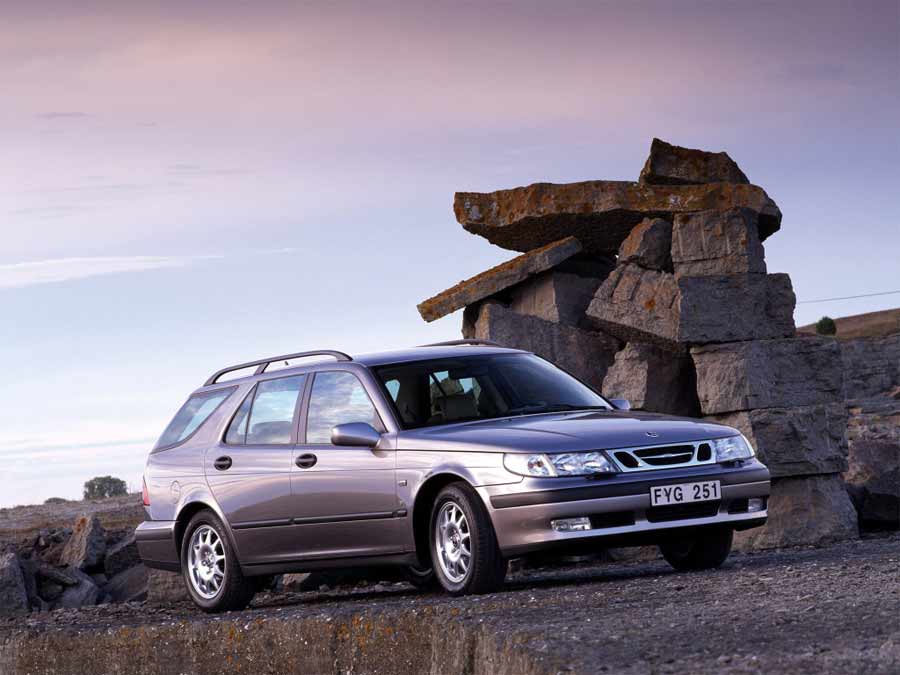
The term “premium” had completely infected the car industry at that time. Saab and Volvo, who struggled feverishly to “reach” the German prestige cars, sorry for the premium cars, did not talk about anything other than “premium”. But the Saab 9-5 probably only reached that level, at that time. A little later, the following year, Volvo introduced the S80 model, which further raised the bar in the premium segment.
However, abroad, other opinions could be heard outside Sweden, where the big Saab competed directly with premium car buyers and served as an unusual alternative to casual “Germans”. Customers were then honored with a quiet, comfortable and refined ride with Saab’s classic, with the engine lightly powered with a turbocharger and front-wheel drive.
Family “Road Yacht” Rather Than a Sports Machine
Customers then found themselves in a real Saab cabin with a curved and wavy instrument panel, as comfortable as almost only a Saab driver’s seat can be, and sat in seats as well-prepared as any other car except perhaps in the Mercedes S-Class. As a long-distance carriage, at that time, the new 9-5 had few superiors.
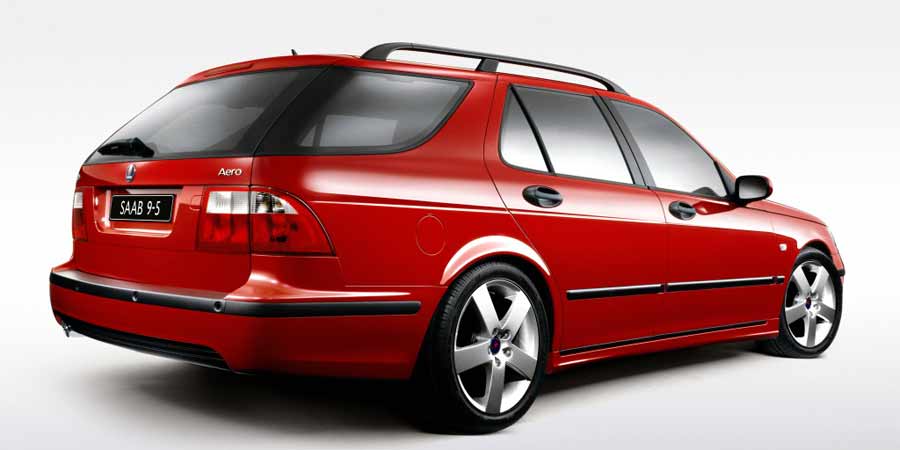
But was it a sports machine? No, rather a cultured and strong family car of excellent cut. But even competing brands have not stood still. That same year, the competent Audi A6 came in a new generation, with a very good six-cylinder 2.4 Quattro model, at about the same time as the Saab 9-5. BMW has released new upgraded versions of the 5 Series, and Volvo was to show off its fantastic S80 in the spring of 1998, the year after 9-5, and was so modern in expression that the Saab 9-5 aged five years overnight.
Success is Undeniable
However, all this did not diminish the success of the 9-5 model. The Saab 9-5 remained a success and topped the Swedish sales lists for a long time, especially after the station wagon model came on the market in 1998, and soon we saw a well-shaped 9-5 in every street corner. The model remained loved by families and service drivers as well as by the police for many years.
The replacement did not appear until 2010 and by that time 9-5 of generation one was of course a dinosaur. The 9-5 came in many variants, a sedan and station wagon with 4-cylinder and 6-cylinder engines, petrol and diesel, and an Aero with additional turbo pressure under the hood. Two facelifts came and went before the saga ended, but then the whole company rocked. Certainly, this model and especially its station wagon version were and remain loved by Saab fans around the world.
A Third Row of Seats…
Rumor was it was meant for rear facing third row seats. These were canceled due to crash test issues.
There was quite a bit of work done to make it possible for a third row of seats. However, someone at Saab approached Volvo and asked how they were protecting the passengers in a crash because Saab couldn’t work out how to do it properly. Volvo replied that the occupants were only occasional so didn’t need the same levels of protection. Saab scrapped their plans at that point.

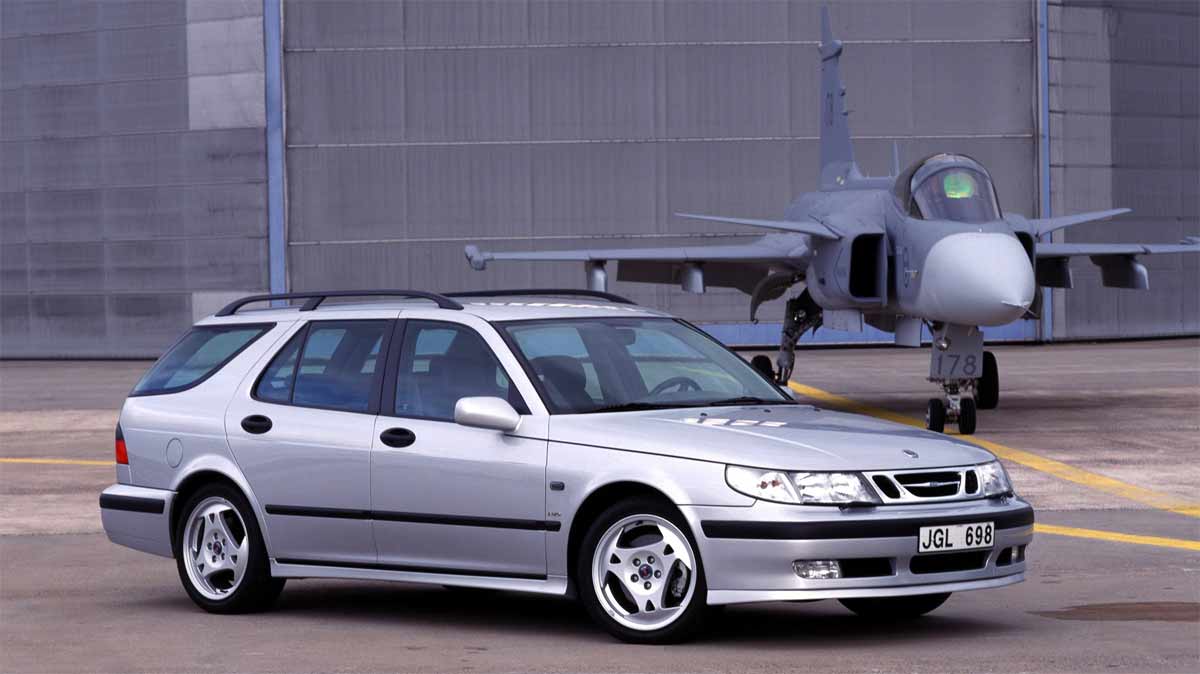




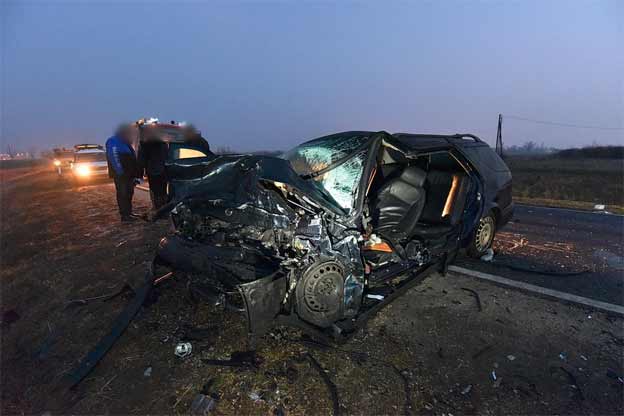



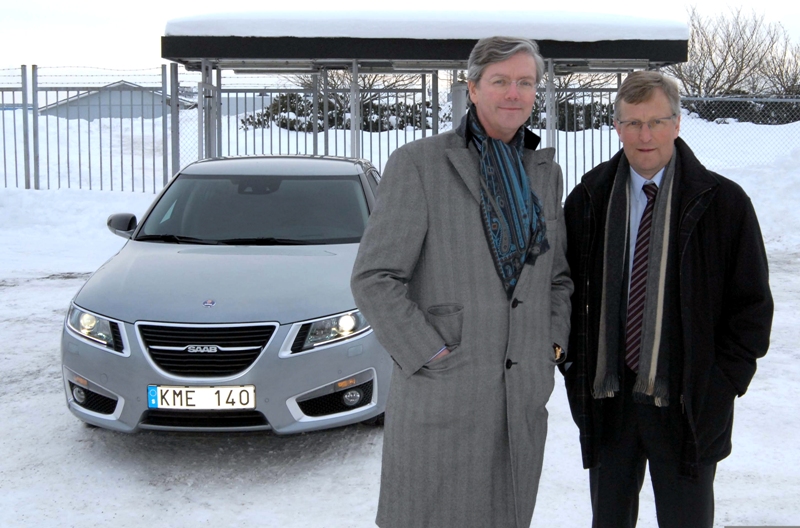

Stunning Station
I had a business trip to Europe around the time that the 9_5 wagon was going into production. My airfare was cheaper flying home through Sweden.
I contacted Saab USA and asked about factory tours. They put me in touch with a gentleman in Trollhattan to set up a time.
I spent the night in Goteborg, rented a car and drove up to Trollhattan. I stopped at the museum first. While wandering around looking at all the Saabs, I walked through an open door only to come face to face with the new, not yet released, 9_5 wagon. That day, a bunch of Spanish Saab dealers in town for introduction to the new model. The guard quickly pointed to the door and explained that I wasn’t allowed in there.
When I arrived at the factory, I was greeted by the gentleman I made the appointment with. He told me that they were in the middle of model change-over so they weren’t doing tours at the time. However, since I came all the way from the US, he’d show me around for 30 minutes or so (and mentioned that we weren’t allowed to go near the new 9_5 wagon).
The tour lasted about an hour and a half, I got to see 9_5 sedan production and looked sadly upon the obsolete tooling for the 9000 sitting in the corner waiting to be hauled off for scrap. And…we came upon a 9_5 wagon body! I made sure to touched it just so that I could say that I was there.
When I was leaving, I could hear Saabs racing around the test track…fences prevented me from seeing what they were testing.
We bought one of the first that came to Denmark and also bought the last one in Denmark in 2010 – the same day the production stopped in Trollhättan.
I don’t understand why GM introduced sedan first and station wagon after that. For example Volvo introduced new V60 first because station wagons are more popular here in Scandinavia than sedans.
Same thing with NG9-3. I would’ve wanted to have station wagon instead of sedan in 2005 but they were not available.
Too bad Saab never had an opportunity to release NG9-5 station wagon apart from those 33 pre-production models. Now I have to cope with the sedan and the roof-rack…
because it was FWD with a small 4-cylinder, and when competing with Audi/BMW/Mercedies in the full sized estate market. That was a deal breaker for alot of people
Grande Auto. Fantastica . Ci ho hanno 350 mila km connla 230 cavalli… e andava benissimo. Venduta per prendere altra Aero ( da 250 cv) che ne aveva solo 58 mila. Spettacolari
I had an Aero estate for 9 years, covered 160k miles in it. Still ran sweet as a nut and had the original exhaust, turbo, timing chain etc. when I reluctantly moved it on.
Looks exactly like my 2002 and 2003 Silver 9-5 Sport Aeros
I had one exactly like that, was a bit juicy but I regret selling it.
Sold mine. Dont regret at all.
3 engines died,gearbox is a piece of junk(aisin…which is shit in every other car from thath era,only saab fans like it) and front axle is straight from junk(opel vectra)
250 hp which you can never use due to lack of grip and massive understeering…
completly pointless car
If you leave it without battery for longer than 10 days it loses memory of boost and you have to learn it again to use Turbo.